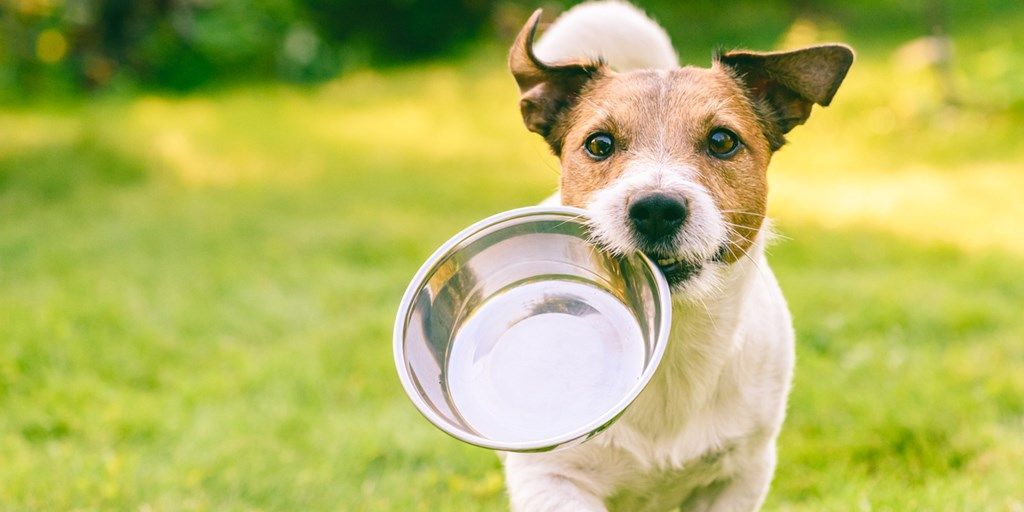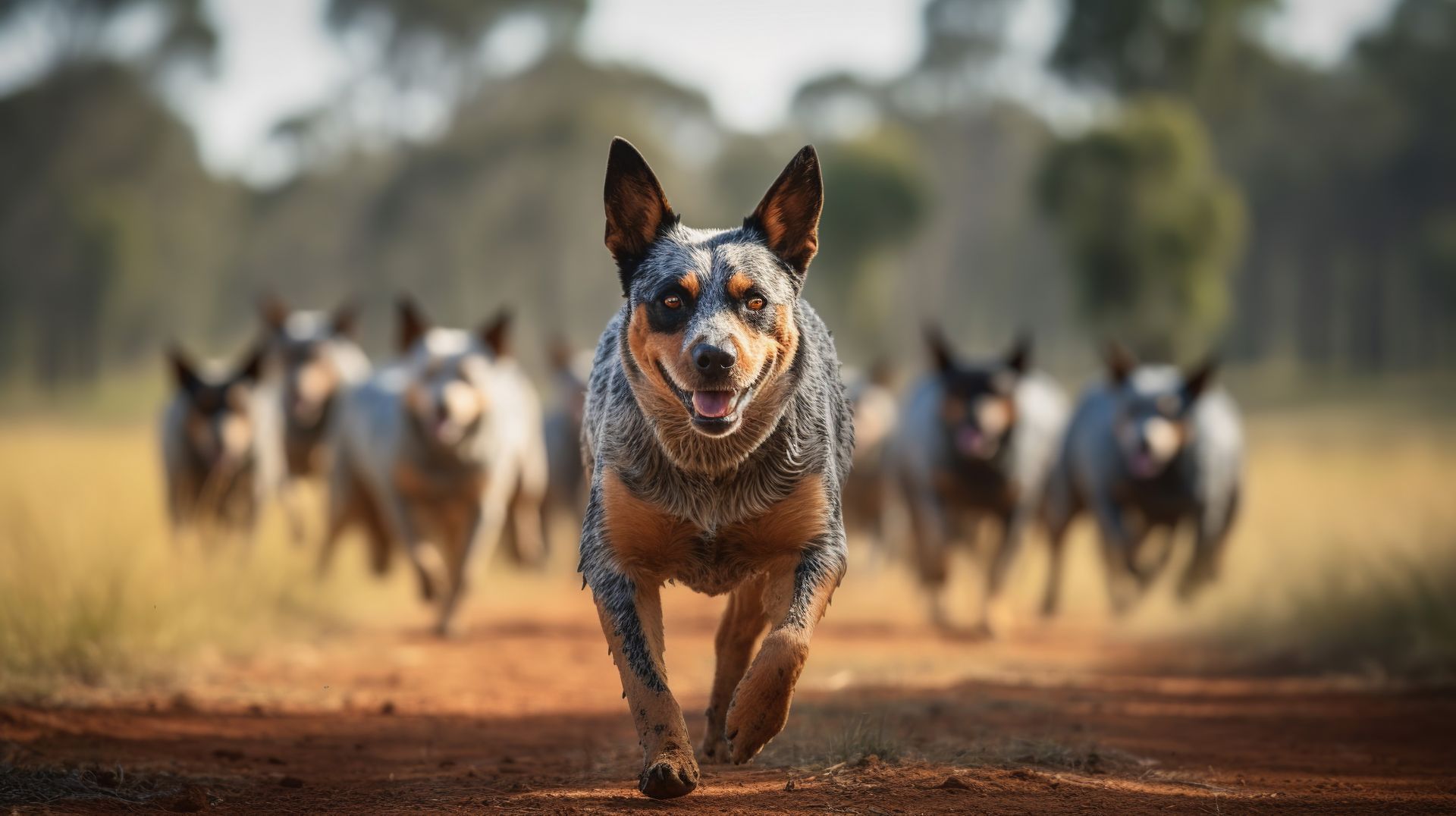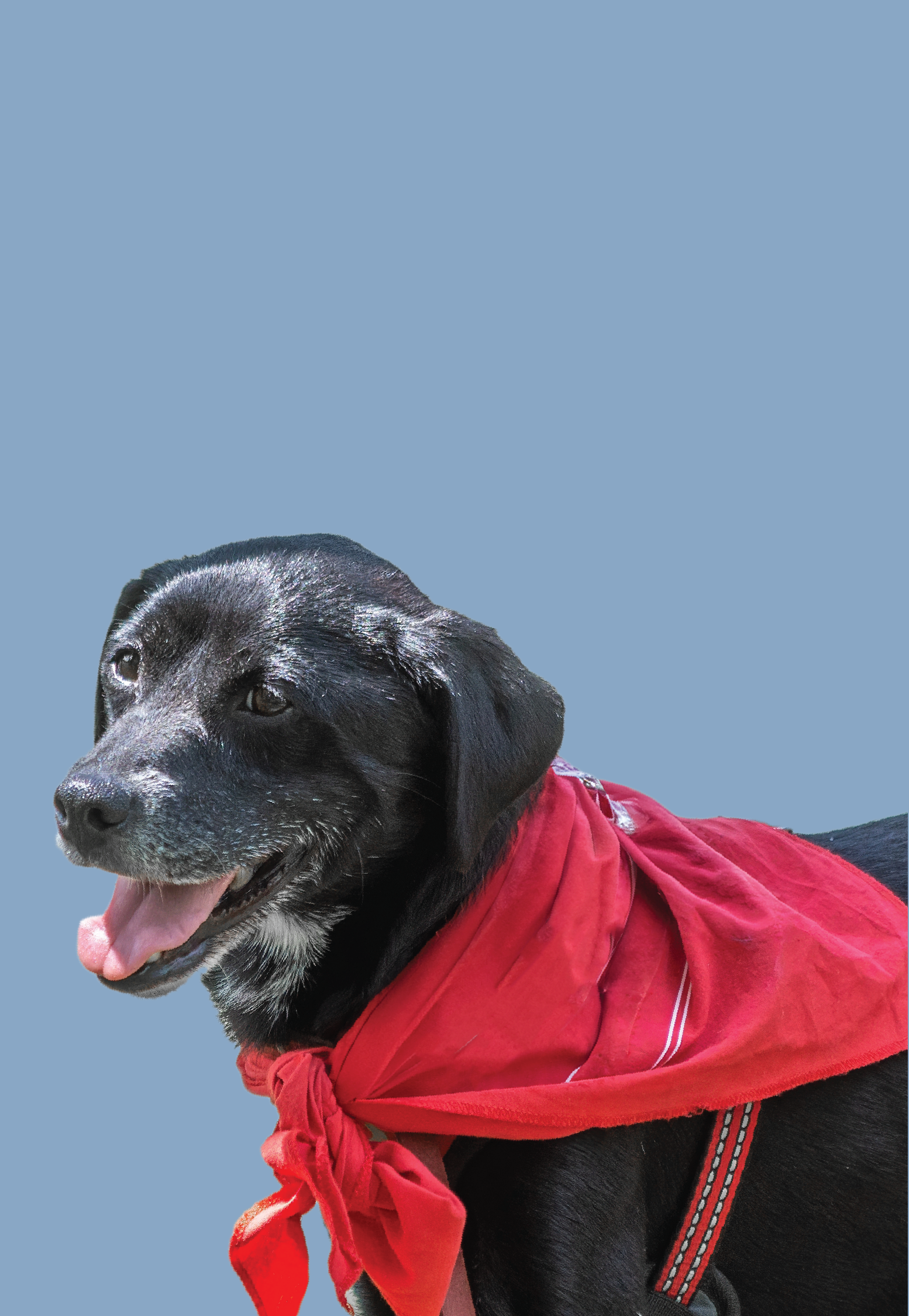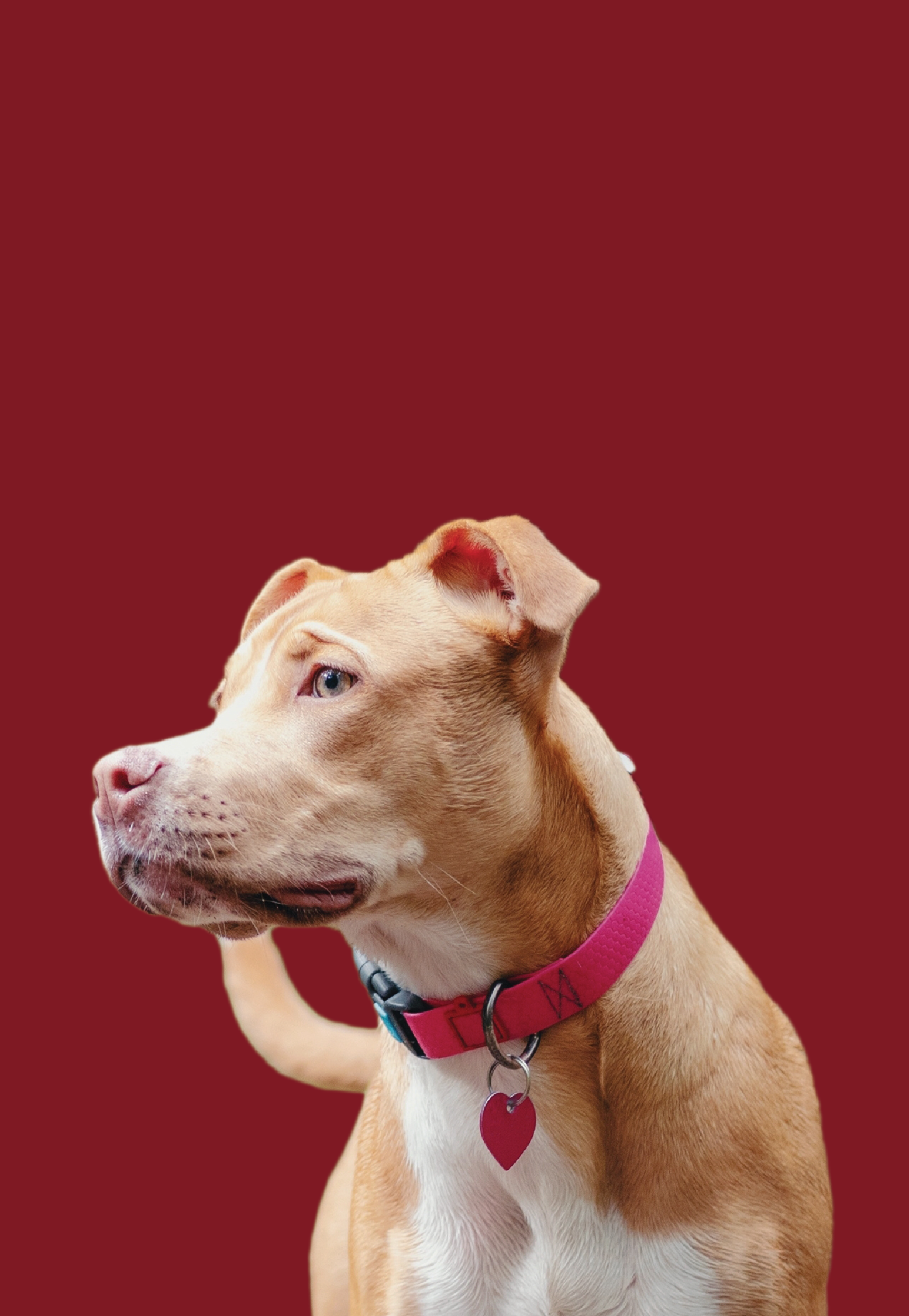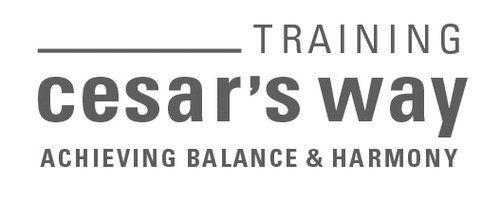Written by: Always Faithful Dog Training
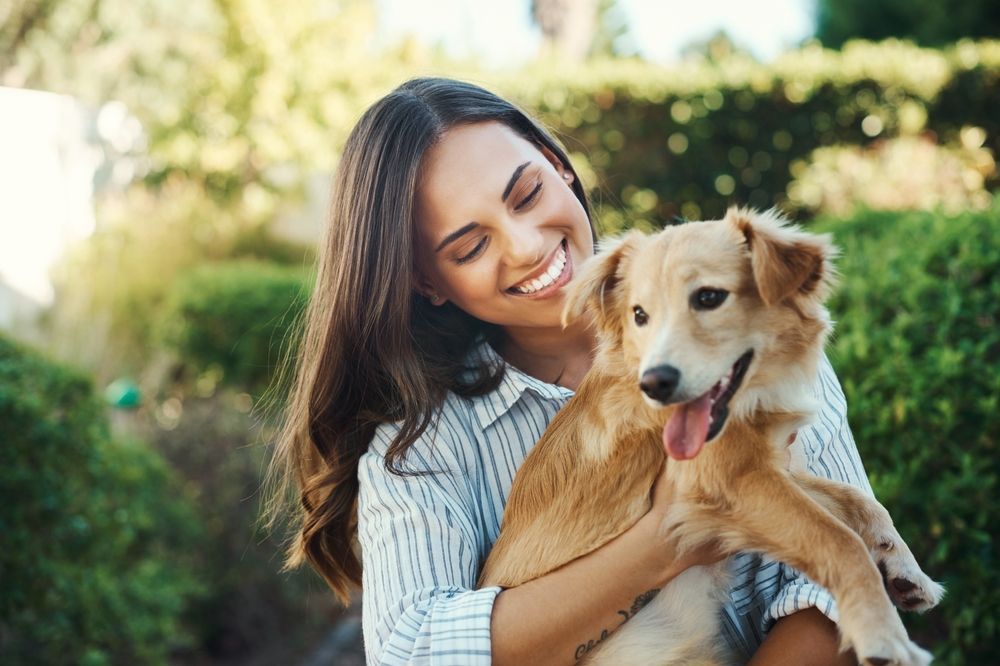
Getting your first dog is an exciting milestone, but it can also feel overwhelming as you navigate how to care for and train your new companion. You’ll need to learn how to meet their physical, emotional, and behavioral needs while establishing routines and setting boundaries. By focusing on clear communication and leadership, you’ll develop a strong, trusting relationship with your new furry family member.
Before Getting Your Dog
Preparation is key to making the transition to dog ownership smooth and enjoyable for both you and your new companion. Before bringing your dog home, there are several steps you should take to educate yourself, plan ahead, and create a welcoming environment. This preparation will set the stage for a strong start and a happy, healthy relationship with your dog.
Learn About the Dog
Before choosing a dog, take time to research the breed, age, and history of the dog you’re considering. Different breeds have different energy levels, exercise needs, and temperaments, so it’s important to find one that fits your lifestyle. Consider any potential health concerns associated with the breed or mixed breed, and ask about their history if they are a rescue—knowing their background can help you anticipate behaviors or challenges. Understanding these factors will give you a clearer picture of the care and training your future best friend will need.
Find a Veterinarian Near You
One of the first steps after deciding to get a dog is locating a reliable veterinarian. Routine check-ups, vaccinations, and advice on preventative care are essential to keeping your dog healthy. Look for a vet nearby with good reviews and experience with your dog’s breed or size. Establishing this relationship early will give you peace of mind if health issues arise.
Are They Vaccinated?
Vaccinations are a critical aspect of dog care, especially for puppies or dogs with an unclear medical history. Make sure your new dog is up to date on core vaccines like rabies, distemper, and parvovirus. If you’re adopting, confirm with the shelter or previous owner what vaccinations they’ve received. If anything is missing, schedule these with your vet right away.
Create a Dog-Safe Home
Before bringing your dog home, prepare a safe and comfortable space for them. Start by setting up a designated “dog zone” where they can eat, sleep, and relax. Choose durable food and water bowls, and invest in high-quality dog food suitable for their size, age, and breed. Provide a cozy bed or crate to give them a secure place to rest. Stock up on toys to keep them entertained and mentally stimulated, and remove potential hazards such as loose wires or toxic plants. A well-prepared home helps your dog settle in and feel at ease from day one.
After Getting the Dog
Once your new dog is finally home, it’s time to focus on helping them settle into their new life. The first few weeks are critical for establishing habits, building trust, and integrating your dog into your household. With consistency, patience, and the right resources, you’ll create a foundation for a happy and well-adjusted companion.
Establish Routine
Dogs thrive on structure and predictability. Begin by setting a daily routine for feeding, bathroom breaks, exercise, and rest. Consistency helps your dog understand what to expect, reducing anxiety and making training easier. Feed them at the same times each day, and stick to a regular schedule for walks and playtime. Clear boundaries, such as where they can sleep or roam in the house, are also important to establish early on. A well-planned routine will set the tone for good behavior and a harmonious household.
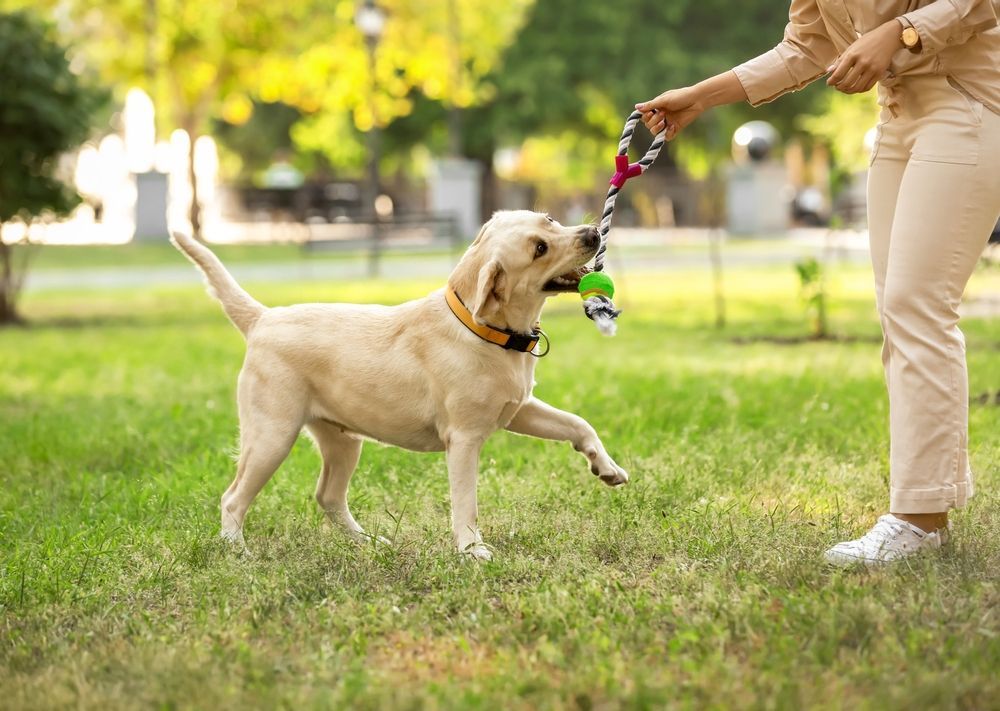
Find a Local Trainer
Training is one of the most important steps in developing a strong, trusting relationship with your dog. A professional trainer can guide you in understanding your dog’s instincts and teaching them how to follow your lead. Look for a local trainer experienced in leadership-based methods that focus on clear communication and respect, like Always Faithful Dog Training. The earlier you begin training, the better your dog will adapt to your expectations, creating a well-behaved and happy companion.
Introduce Walks and Exercise
Exercise is essential for your dog’s physical and mental health. Begin with short, manageable walks to help them get used to the leash and their new environment. Gradually increase the length and intensity as they become more comfortable. Interactive play, like fetch or tug, is another great way to bond while burning off energy. Consistent exercise not only keeps your dog fit but also prevents behavioral issues stemming from boredom or excess energy.
Slowly Integrate Them with Other Pets/Kids
Introducing your new dog to other pets or children should be done gradually and under close supervision. Start with short, calm interactions in neutral spaces, allowing everyone to get used to each other. Reward calm, positive behavior, and separate them if tensions rise. Never force interactions—give your dog time to adjust at their own pace. With patience, your dog will learn to coexist happily with their new family members.
Remember Dog Training Takes Time
Training your dog is a process, not a quick fix. Building new habits, teaching commands, and addressing problem behaviors all require patience and consistency. Dogs learn best through repetition and clear communication, so stay calm and persistent as you guide them. Celebrate small victories along the way and understand that setbacks are part of the journey.
Plus, every dog is different—some may catch on quickly, while others need more time to adjust. By committing to the process and leading with confidence, you’ll develop a well-trained dog and strengthen the bond between you and your four-legged companion.
Contact AFDT for Professional Dog Training
No matter where you are on your journey as a dog owner, Always Faithful Dog Training is here to help. Our experienced trainers specialize in Leadership Training, using proven methods to teach your dog important skills while strengthening your bond. Whether you’re working with a new puppy, an adopted rescue, or a senior dog, we’ll provide the tools and guidance you need for lasting success. Don’t wait to start building a happier, more balanced relationship with your dog. Call or text today to connect with an Always Faithful Dog
location near you and experience the difference real training can make!
